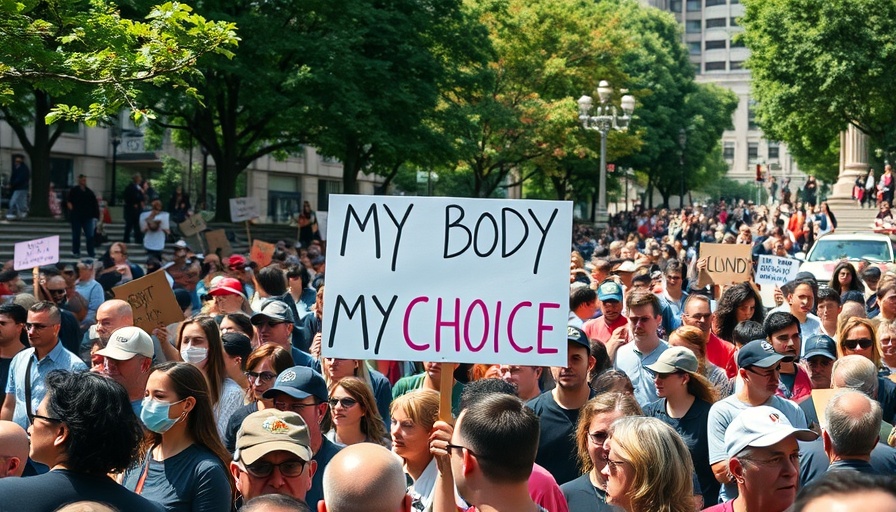
Fighting to Preserve Intellectual Freedom
Throughout history, librarians have upheld the torch of intellectual freedom, guarded against censorship, and provided communities with access to diverse perspectives. Yet, as highlighted in the recent documentary The Librarians, this vital role is under siege amidst a growing cultural war ignited by certain factions aiming to curtail access to literature, particularly works touching upon race, sexuality, and gender identities. In a moment reminiscent of Ray Bradbury's dystopian vision in Fahrenheit 451, librarians across the nation are standing firm against an escalating climate of book bans and intellectual oppression.
The Role of Librarians as Champions of First Amendment Rights
The documentary, which premiered at the South by Southwest festival, follows brave librarians from Texas to New Jersey as they grapple with political pressures to remove books from shelves. As seen through the eyes of librarian Amanda Jones, who has received national recognition yet faces backlash for her commitment to intellectual freedom, these librarians are much like Guy Montag in Bradbury’s novel, risking their careers to stand up for children's rights to explore the literature that could resonate with their experiences.
A Chronicle of Resistance
The film recounts pivotal moments from 2021 when Texas state lawmakers began targeting books associated with race and sexuality under the ruse of removing 'inappropriate content.' This culminated in the use of a 16-page list of banned books, which included classics and modern stories that teach empathy and understanding. The statewide campaign has emboldened like-minded activists across the country, leading to numerous challenges against works that encourage diverse perspectives.
The Human Impact of Censorship
The librarians featured in the documentary share powerful, often emotional testimonies of the consequences these bans have had on their communities. Librarian Suzette Baker, for example, lost her job for refusing to withdraw a book addressing the realities of race in America. These actions are not merely about literature; they represent a fight for the very soul of public education and the principles of inclusion and understanding.
Grappling with Fear and Empowering Voices
In this perilous environment, fear often silences dissent. However, many librarians, such as Martha Hickson in New Jersey, continue to advocate for young readers despite threats to their safety. Their resilience is a testament to their commitment to protecting the freedom of intellectual inquiry. As Hickson identifies, engaging in open dialogue is integral in counteracting narratives of indoctrination.
The Importance of Awareness and Advocacy
As this cultural crisis unfolds, the documentary stresses the importance of awareness and community action in safeguarding access to diverse literature. By shedding light on the librarians' battles, The Librarians urges viewers to consider how they can play a part in supporting local libraries and advocating for intellectual freedom. Movement can be sparked not just through protests, but through community conversations and educational initiatives that underscore the value of diverse perspectives.
In summary, the fight against censorship is not merely a local issue but a reflection of broader societal conflicts shaping American values. As we navigate these turbulent waters, we must remain vigilant in defending our rights to intellectual freedom, ensuring that stories from every walk of life continue to be told.
 Add Row
Add Row  Add
Add 




 Add Row
Add Row  Add
Add 

Write A Comment